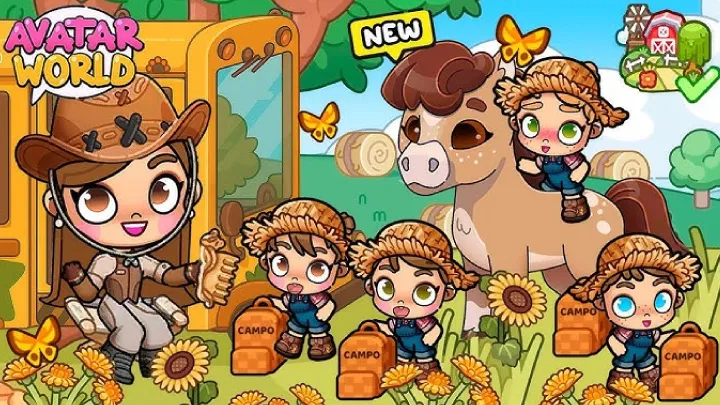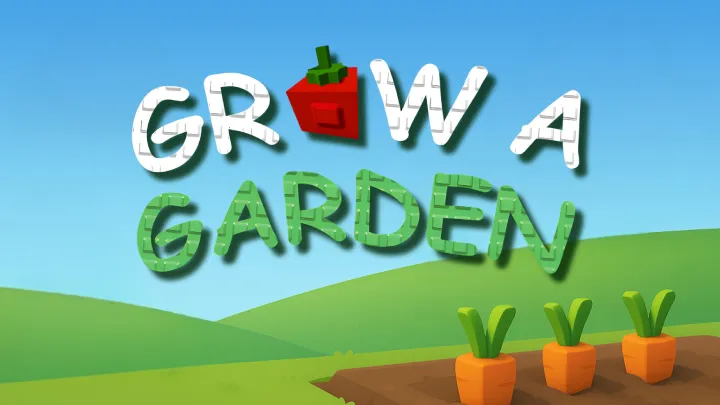In 2025, the parenting-tech landscape has leapt ahead—powered by AI, automation, and thoughtful design aimed at lightening the mental load of modern families. Today's standout apps go beyond utility: they support learning, foster emotional connection, and streamline the chaos of daily life. From AI-driven assistants to safety tools, educational platforms, and financial lessons—these apps are reshaping how parents manage routines, relationships, and nurturing.
What follows is a chronologically organized exploration of the ten most impactful parenting and family apps of 2025, with insights into what makes each one a lifeline for families everywhere.
1. Skylight & Maple: The Rise of Fam-Tech Command Centres
Families are embracing “fam-tech” hubs to centralize schedules, chores, meal planning, messages, and more. Apps like Maple and hardware like Skylight’s touchscreen command center transform scattered household logistics into automated, AI-assisted orchestration. Skylight’s 27-inch display integrates calendars, groceries, to-do lists, and its “Sidekick” can convert photos and messages into events—covering both functions and flair. Maple’s $40/year app builds on this with shared calendars, messaging, and growing meal-planning AI capabilities.
These tools reflect the momentum behind the “fam-tech” movement—a $650 billion burgeoning industry—though critics warn they may mask deeper social challenges like unequal mental labor and privacy concerns.
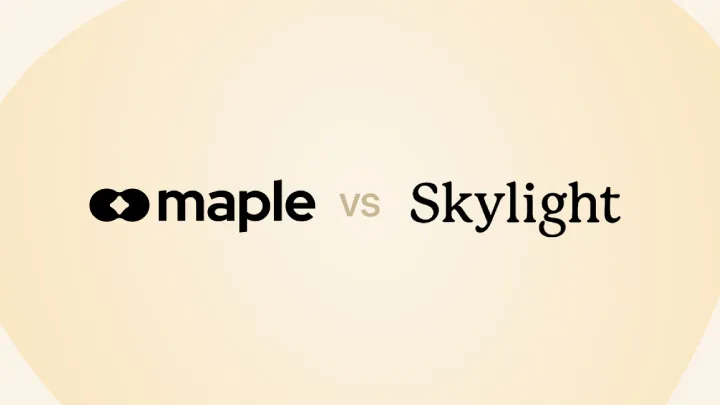
2. Ollie & Maple: AI Meal Planners That Lift the Load
Meal planning can be a mental burden for parents. In 2025, Ollie enters the spotlight with AI-powered weekly menus tailored to dietary needs and local grocery deals. With 50,000+ users, some families even dream of Ollie evolving into a household robotics assistant. Maple, already central in logistics, now also suggests meals and manages tasks—making home management feel collaborative, not overwhelming.
Still, experts note the importance of structural support at home and caution that these tools don’t solve deeper inequities in domestic labor.
3. Focus Friend: Gamified Productivity for Parents
Productivity needn't be rigid. Focus Friend, designed by Hank Green, injects whimsy into focus sessions. Users focus, and a charming character knits; if you get distracted and pick up your phone, the character mimics the distraction. Soft rewards like virtual socks and scarves turn concentration into delight. Parents with ADHD or juggling parenting demands report it helps structure their day without guilt.
This blend of joy and accountability makes it easier to reclaim small moments of calm amid daily chaos.
4. Life360 No-Show Alerts: Smart Safety Without Hovering
Safety is a top worry, but constant monitoring adds anxiety. Life360’s “No Show Alerts” strikes a balance: parents get notified only if a child fails to arrive at a planned location on time. It reframes tracking from micromanaging to peace of mind—constantly tracking from the mental load.
Currently free in the U.S. and rolling out globally, it is one of the most appreciated 2025 upgrades for digital family safety.
5. Co-Parenting Tools: From Cozi to AppClose
Managing parenting across households needs structure—and technology helps. Cozi offers shared calendars, messaging, shopping lists, and chore management, with a premium Gold plan providing extra reminders and features.
Professional platforms like OurFamilyWizard, TalkingParents, Peaceful CoParenting Messenger, and AppClose (rated 4.7/5 with audio/video, expense tracking, and secure chat) provide legal-grade communication, documentation, and coordination—for peace, clarity, and reduced conflict.
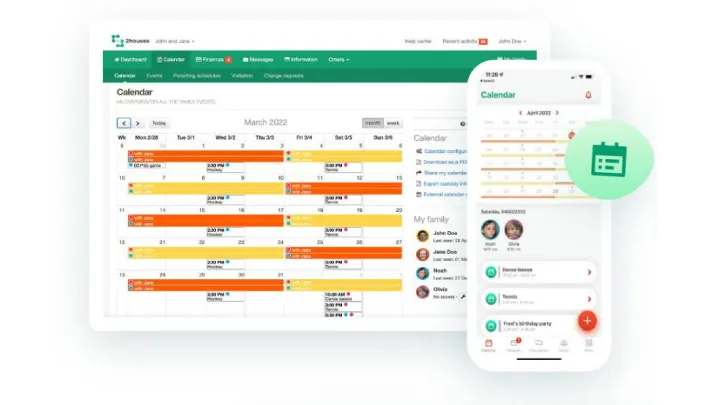
6. ParentPal & ChatGPT for Kids: AI Guides & Tutors
AI parenting apps now include ParentPal, which tracks growth, learning, sleep, and nutrition—offering tailored activities and milestone insights.
Meanwhile, ChatGPT for Kids, equipped with parental controls, helps children with homework, storytelling, creative writing, and general learning—making playful, kid-safe AI more mainstream.
General-use AI tools like ChatGPT, Parent GPT, and Familymind are now used by ~71% of parents for recipe ideas, parenting tips, emotional support, and more—though experts urge caution, citing misinformation risks and over-reliance.
7. AI Tutors & Learning Support for Diverse Needs
Personalized learning has become even more adaptive. AI tools respond to learning differences—ADHD, dyslexia, autism—adjusting pace, format, and feedback style to build confidence rather than just completing tasks. Gamified approaches break lessons into small, empowering steps.
Voice assistants prompt hydration, mindfulness, and breaks. AI stories help children with speech or language challenges. Still, experts stress that AI supports—rather than replaces—human warmth, creativity, and emotional connection.
8. Parental Control & Screen-Time Suites: Qustodio, OurPact, Norton, Bark
Digital boundaries are a 2025 staple, with several mature tools leading the way:
- Qustodio ranks as overall best for screen-time control, device monitoring, and insights.
- Google Family Link remains a free, Android-first baseline for app approvals, screen-time limits, and bedtime locks.
- Norton Family couples parental controls with cybersecurity features.
- Bark specializes in social media safety, emotion detection, and message monitoring.
- OurPact stands out for Apple users—offering geofencing, screenshot-based monitoring, scheduling, and blocking.
9. Additional Niche Helpers: Parent Communities & Monitors
Certain apps specialize in niche needs:
- Annie Baby Monitor for real-time monitoring of little ones.
- Huckleberry offers advanced sleep tracking.
- Peanut offers peer support and community for parents.
- The Wonder Weeks tracks developmental leaps for insights and reassurance.
These tools address the emotional, communal, and developmental dimensions of parenting.
10. Apps for Kids: Learning, Finance & Safe Content
Beyond parental tools, apps helping kids learn and grow are also evolving:
- BabySparks supports learning with milestone-based activities.
- Baby Monitor 3G offers affordable, hardware-free monitoring—just around $5.
- Tinybeans organizes and shares family photos with privacy in mind.
- GoHenry teaches financial literacy via gamified spending and saving using debit cards for ages 6–18.
- YouTube Kids continues refining its curated, child-safe video content and built-in controls.
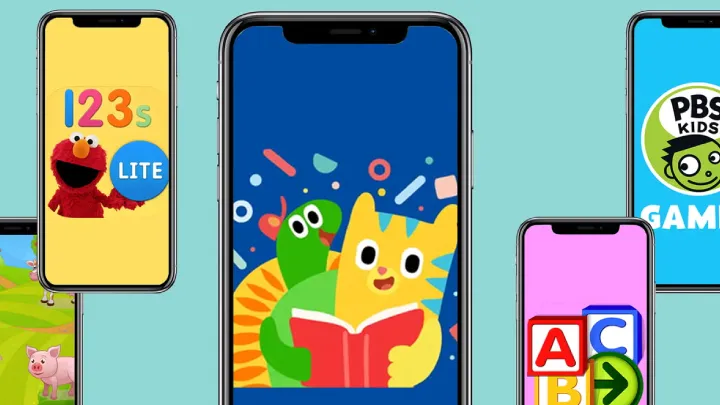
Conclusion
In 2025, parenting and family apps are no longer niche tools—they're woven into the fabric of daily life. From AI meal planners and learning assistants to safety nets, focus motivators, co-parenting bridges, and financial mentors for kids—these top 10 apps are reshaping how families navigate parenting with presence, empathy, and agency.
As you explore these tools, prioritize privacy, shared responsibility, and emotional connection—the things AI can't replicate. With that balance, technology becomes an ally, not a crutch, strengthening families' capacity to thrive in an ever-demanding world.















